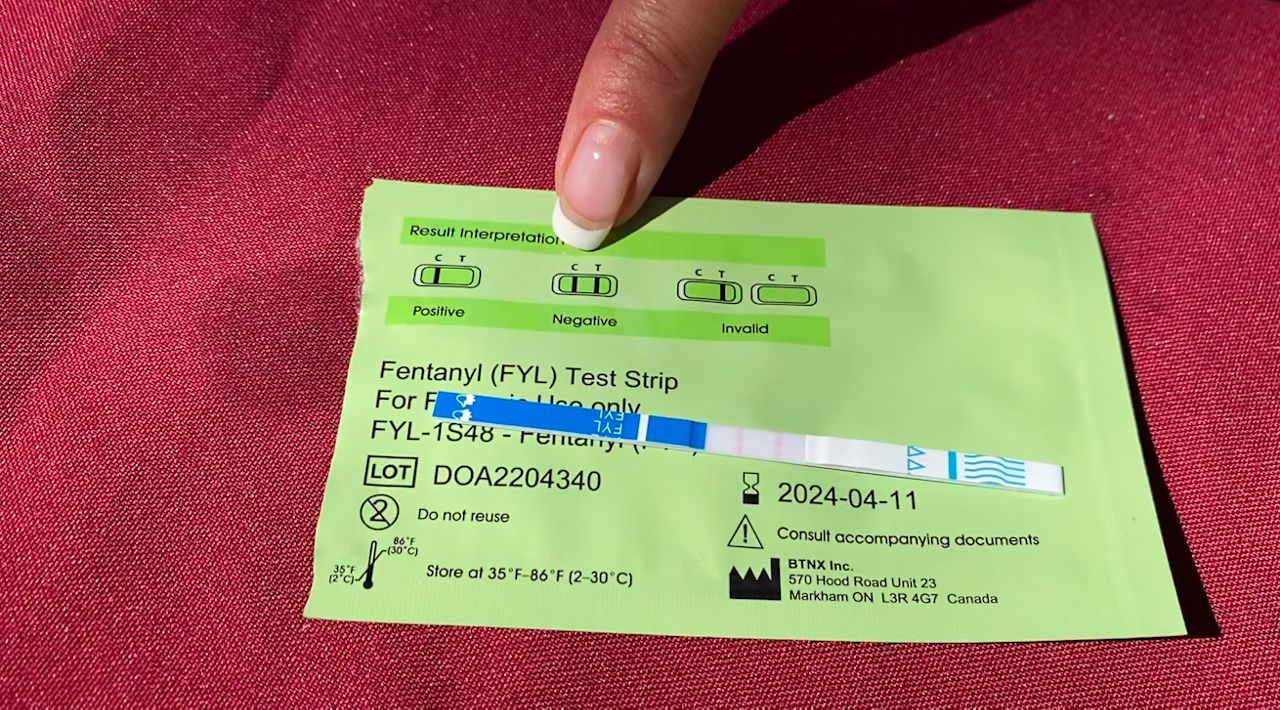MILWAUKEE — Losing a loved one to a drug overdose is the stark reality for many people. It happens across the country, including right here in Wisconsin.
Thursday is International Overdose Awareness Day. The City of Milwaukee Health Department partnered with community partners to host a day for families and survivors of overdose.
Tahira Malik is the CEO of Samad’s House. It’s a sober living home for women and children. Malik said this is Samad’s House's first pop-up event for Drug Overdose Awareness Day.
She said it’s a time to memorialize the lives lost to overdoses and acknowledge the grief family and friends of an overdose victim have to deal with.
“We’re also bringing hope and meeting people where they are,” said Malik. “The way we meet people exactly where they are is by reducing the stigma surrounding addiction and normalizing the conversation.”
The event hosted multiple agencies that focus on the community and health.
Darryl Davidson is with the Office of African American Affairs. It works to promote equal opportunities for Black residents. It also focuses on positive health outcomes.
“Every community is affected,” said Davidson. “It has been seen in every income bracket and in every neighborhood. There is no specific community that has not been affected. It doesn’t matter about the persons, race, background or the person’s family structure.”
Milwaukee County overdose data shows a nearly a 60% increase in overdose deaths from 2016 to 2020. That includes more than 500 deaths in 2020.
The event helped people learn to recognize the signs of a drug overdose. They also learned about Narcan training and testing.

Narcan is a safe nasal spray that can temporarily reverse the life-threatening effects of an opioid overdose.
“It’s really paramount that we look at the communities that have disproportionate health care, inequity in health care and can provide those resources,” said Malik.
Resources and education are just one step to preventing overdoses. Malik says she’s hopeful that the community utilizes these resources that could one day help them save a life.



